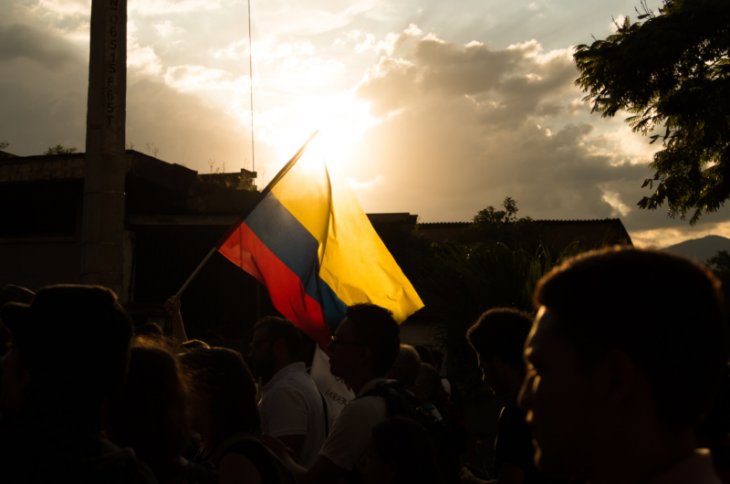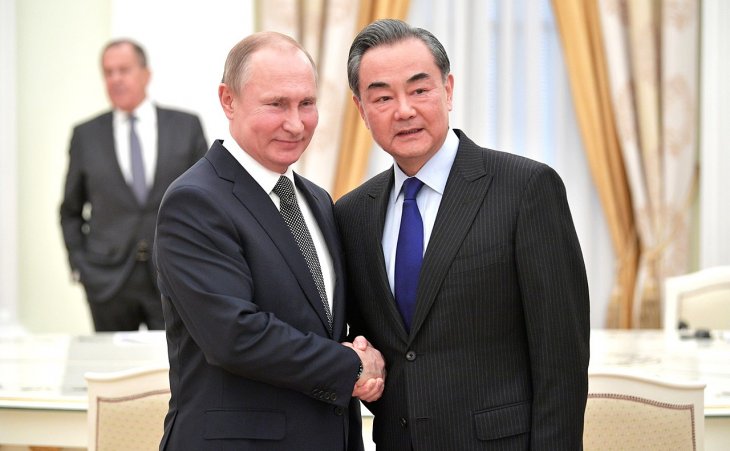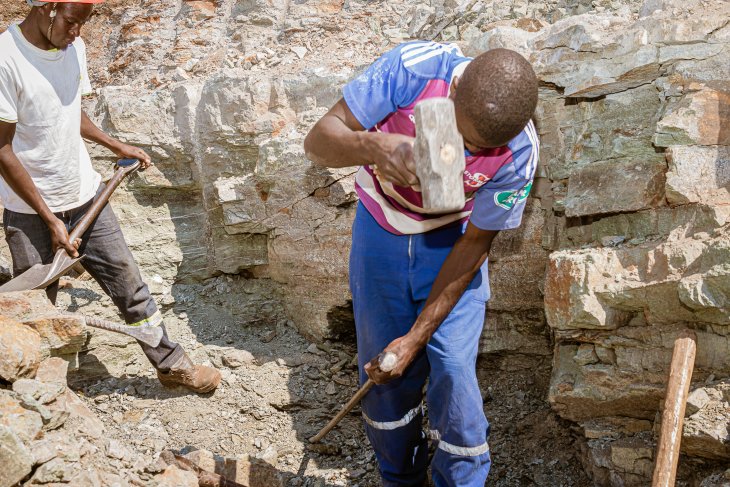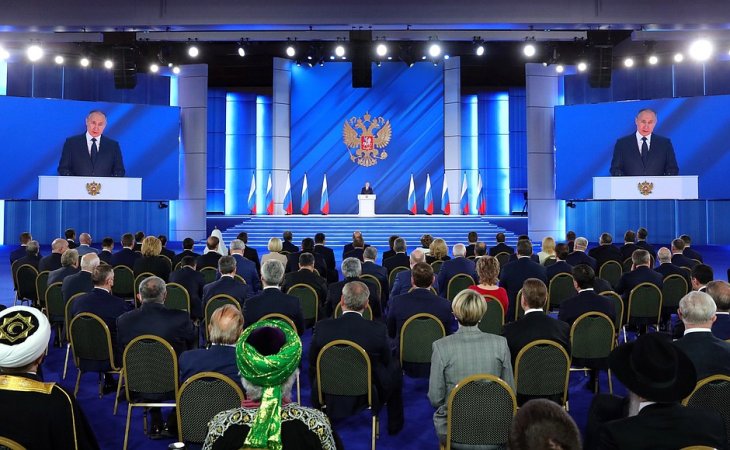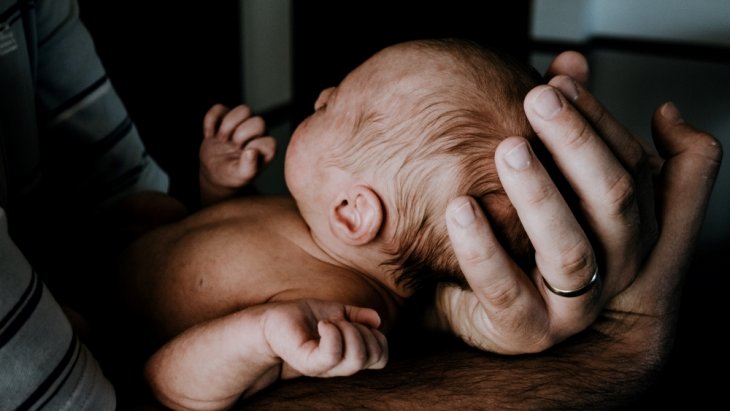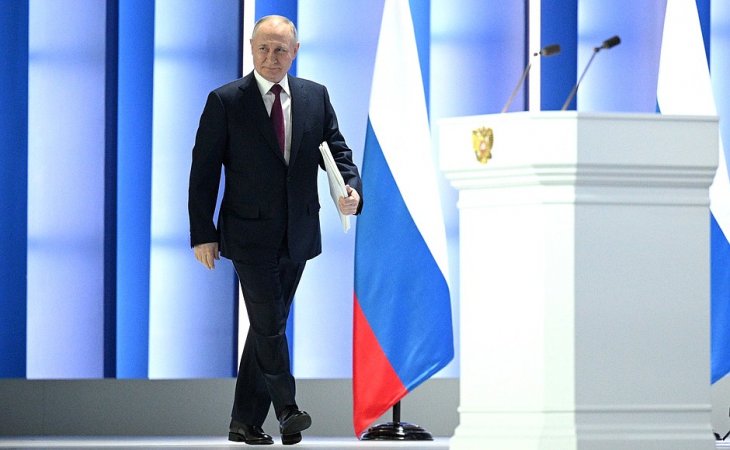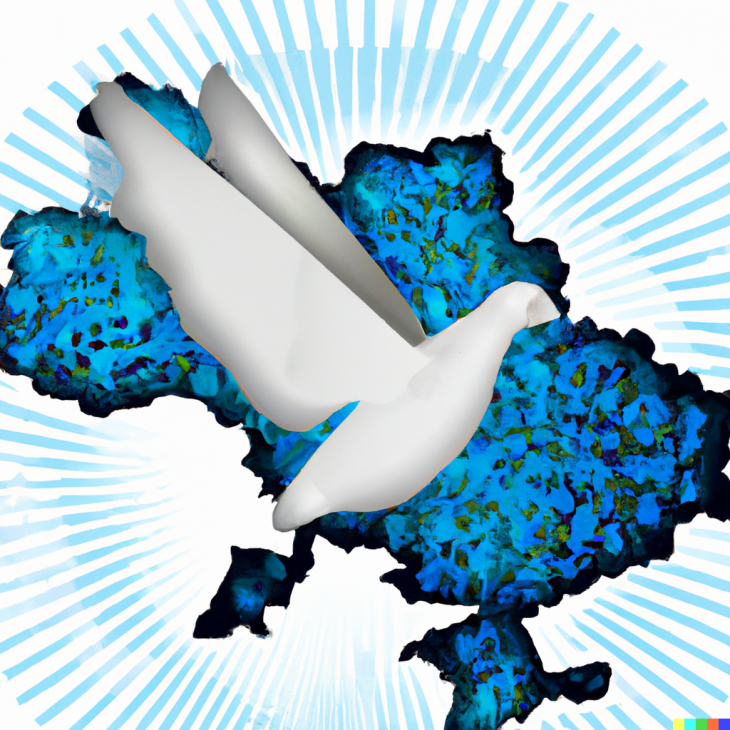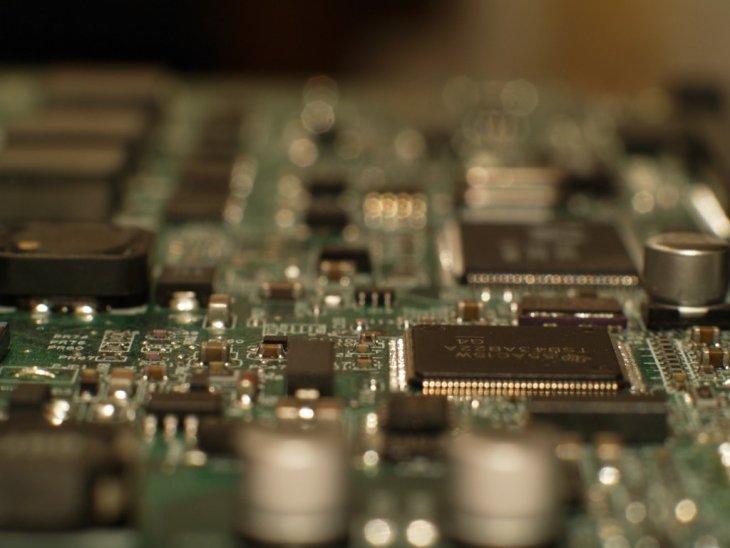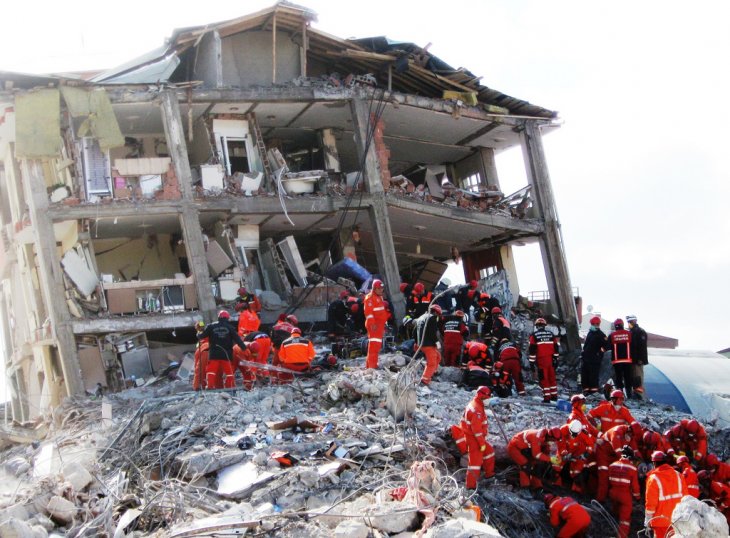Against the backdrop of the grisly Russia-Ukraine war, the security situation in East Asia may appear conducive to the continuation of the long peace that the region has enjoyed for decades.
However, the devastating European war has cast a long shadow eastwards.
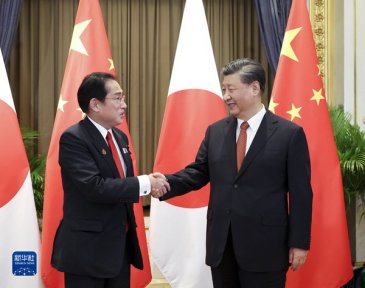
Japanese Prime Minister Fumio Kishida shakes hands with Xi Jinping at their meeting in Bangkok in November 2022. Photo: FMPRC
While Russia’s military presence in Asia is deeply curtailed as most of its conventional capabilities are redeployed to the Donbas front in Ukraine, the behavior of maverick North Korea has become more reckless and China’s policy has become less predictable and more assertive.
As a result, Japan has adopted a more proactive approach to its international security environment predicated on enhancing its military capabilities and deepening security cooperation with key allies and partners, starting with, but not limited to, the U.S.Read More
